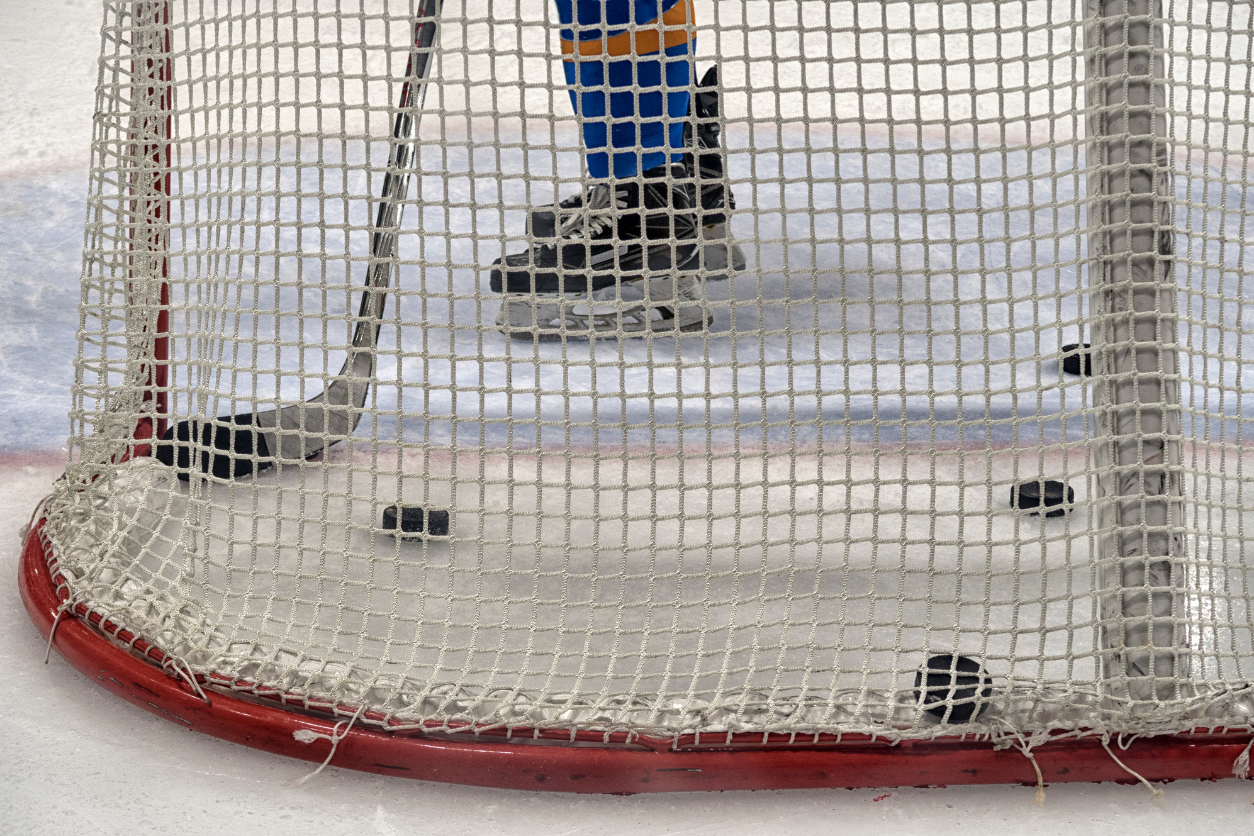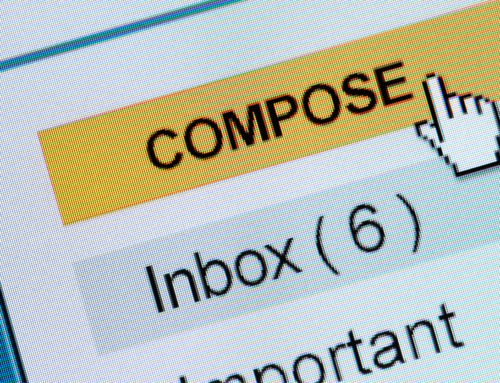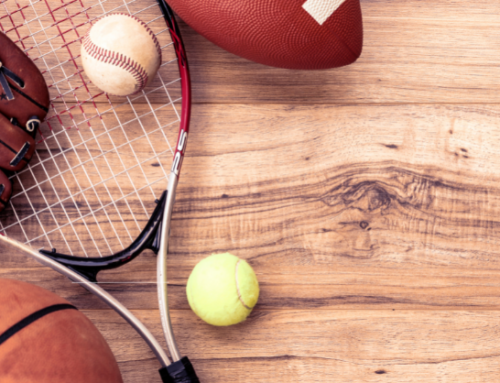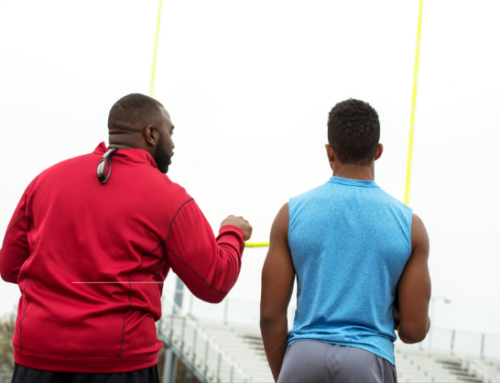Hint: It’s more than slap shots and big saves.
For a hockey player, trick shots make for good online content, and scoring lots of goals can draw attention to your profile. But, in the big picture, none of that is what a college hockey coach looks for in a recruit. While every coach has their own method for evaluating recruits, most if not all of them look for these three things first:
Speed
When compared to junior hockey in the United States, the college game is played at a faster pace. That’s why college hockey coaches look for recruits who have the speed and coordination to make the leap to the college game. Raw athleticism can also get you noticed, but speed is what will help ease the transition to college hockey.
Note that “speed” doesn’t only mean being a fast skater. Quickness, agility, foot speed, and fast-twitch muscles are also part of a college hockey coach’s speed calculation. Your height and weight can also help you catch a coach’s eye but, more than size, your skating abilities will help you rank higher on a recruiting radar.
Elite Experience
Most Division I college hockey coaches find their recruits in top-tier junior A programs in both the U.S. and Canada. Elite players from top-end U18 and U16 AAA teams, as well as elite high school or prep school players, can also catch a coach’s eye.
If you’re not playing at one of those levels, don’t let that stop your dream of playing college hockey. Depending on your experience and skillset, you can still look for opportunities at the NCAA Division II and Division III levels, as well as in the American College Hockey Association. Note that DIII schools and ACHA programs don’t offer athletic scholarships, but if you’re willing to work hard, study hard, and pursue all your options, you can still wind up playing college hockey.
Hockey Sense
While it’s measured differently by different coaches, every college hockey player needs plenty of hockey sense or a high hockey IQ. What makes up a high hockey IQ. In general terms, hockey IQ is the ability to read the play and follow the puck, their own teammates, and the opponents, while also keeping themselves correctly positioned on the ice. To determine your hockey sense, a coach will look for how you respond to changes in-game pace and your ability to understand and execute strategic plays. Your acuity for quickly evaluating an on-ice situation and acting accordingly just as quickly, as well as your experience and understanding how and when to act in a given situation, can also determine your hockey IQ.
Other Factors
Once you’ve shown a college coach you’ve got speed, experience, and hockey IQ, if you’re forward, make sure you’ve got scoring ability, a powerful shot, strength along the boards, and can win battles in the corners. If you’re a center, have the ability to win faceoffs, impressive passing and puckhandling skills, and the ability to anticipate the play on the ice.
For a defenseman, college coaches look for a solid physical presence, great lateral skating abilities, sound positioning skills, and the ability to read the whole ice. Finally, to play goal in college, you need to be confident, sharp, and fearless and have strong lateral skating abilities in the net. Coaches also want goalies who can help their defense vocally, and have the ability to control rebounds and play the puck.
Finally, note that the qualities of speed, experience, and hockey IQ are all measured differently and every college hockey coach likely has different criteria for determining those qualities in a recruit. But if your goal is to play college hockey at any level, control what you can control, focus on your speed and hockey sense, play at the highest levels possible, and use those qualities as the foundation for building your recruiting résumé.
Did you enjoy the article ‘The 3 Most Important Things College Hockey Coaches Look For’? If so, check out more of our articles HERE.





